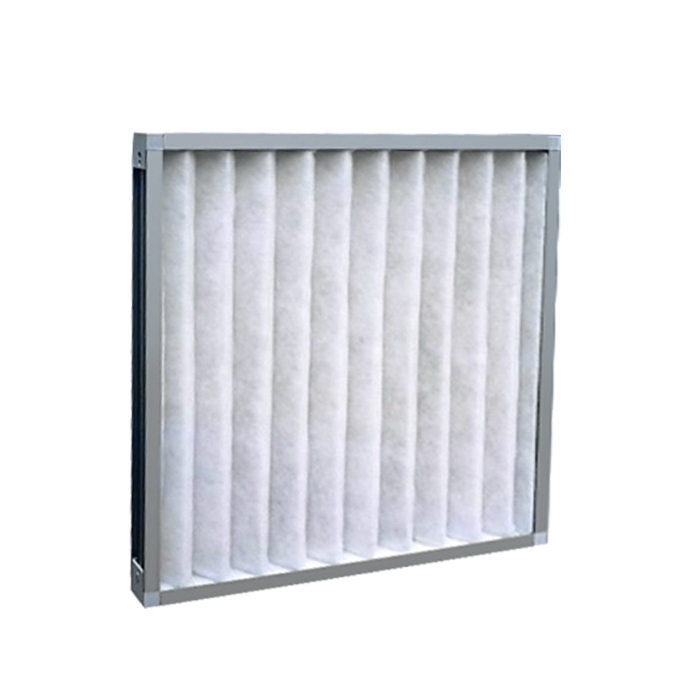- This topic is empty.
-
AuthorPosts
-
2025-08-07 at 2:47 pm #10302
Air conditioning systems play a crucial role in maintaining indoor air quality and comfort. Within these systems, panel air filters serve as the first line of defense against airborne contaminants, ensuring that only clean air circulates throughout buildings. Regularly replacing or cleaning the panel air filter ensures optimal air quality and performance, preventing potential damage to sensitive components and promoting a healthier indoor or vehicle environment.

Types of Panel Air Filters
Particulate Filters
Particulate filters are designed to capture dust, pollen, and other particles. They are commonly classified based on their Minimum Efficiency Reporting Value (MERV) rating, which indicates their ability to trap particles of varying sizes. MERV ratings range from 1 to 20, with higher numbers signifying better filtration efficiency.
HEPA (High-Efficiency Particulate Air) Filters
HEPA filters are ultra-efficient particulate filters that can remove at least 99.97% of particles as small as 0.3 micrometers. They are typically used in applications requiring the highest levels of air cleanliness, such as hospitals and cleanrooms.
Gas and Odor Filters
These filters are equipped with activated carbon or other adsorbent materials to neutralize gases, volatile organic compounds (VOCs), and odors. They are essential in environments where chemical emissions or tobacco smoke are present.
Selection Criteria for Panel Air Filters
System Compatibility
Choosing a filter that is compatible with the existing air conditioning system is paramount. Factors such as filter size, media type, and frame material must match the system specifications to ensure optimal performance and avoid disruptions.
Filtration Efficiency
The required filtration efficiency depends on the specific needs of the space. For instance, environments with sensitive occupants (e.g., healthcare facilities) will necessitate higher MERV ratings compared to general office spaces.
Pressure Drop and Energy Consumption
The pressure drop across a filter directly impacts the energy consumption of the HVAC system. Higher efficiency filters, while providing better filtration, may increase pressure drop, leading to higher fan energy usage. Balancing filtration efficiency and energy efficiency is crucial.
Maintenance and Replacement Costs
Consider the long-term maintenance and replacement costs when selecting filters. Filters with longer service lives and easy-to-access designs can reduce operational costs and downtime.
Performance Evaluation of Panel Air Filters
Initial Efficiency Testing
Initial efficiency testing involves exposing the filter to a known concentration of particles and measuring the percentage of particles removed. This test provides a baseline for the filter's performance.
Dust Holding Capacity
The dust holding capacity indicates how much contaminant the filter can accumulate before it needs replacement. A higher dust holding capacity means fewer replacements and longer filter life.
Pressure Drop Over Time
Monitoring the pressure drop over time helps assess the filter's performance degradation. A sudden increase in pressure drop may indicate premature clogging or filter damage.
Optimization Strategies for Panel Air Filters
Pre-Filtering
Installing pre-filters upstream of the main filter can extend the life of the main filter by capturing larger particles, reducing the load on the primary filtration media.
Enhanced Filter Media
Advancements in filter media technology, such as nanofiber materials and pleated designs, offer improved filtration efficiency with lower pressure drop. Incorporating these technologies can enhance overall system performance.
Variable Speed Fans
Using variable speed fans in conjunction with panel air filters allows for adjusting airflow rates based on actual filtration needs. This dynamic control can optimize energy consumption and maintain consistent indoor air quality.
Regular Maintenance and Monitoring
A robust maintenance schedule, including regular inspections, cleaning (where applicable), and timely replacements, ensures that filters operate at their best. Implementing automated monitoring systems can further streamline maintenance tasks and provide real-time performance data.
Conclusion
Panel air filters are indispensable components of air conditioning systems, significantly impacting indoor air quality and system efficiency. By understanding the types of filters available, selecting based on comprehensive criteria, evaluating performance regularly, and implementing optimization strategies, facility managers can ensure their HVAC systems deliver clean, comfortable air while minimizing operational costs and environmental impact. The continuous evolution of filter technology presents exciting opportunities for further enhancing the performance and sustainability of air conditioning systems.
http://www.healuair.com
Wuxi HEALU Purification Equipment Co., Ltd. -
AuthorPosts
- You must be logged in to reply to this topic.